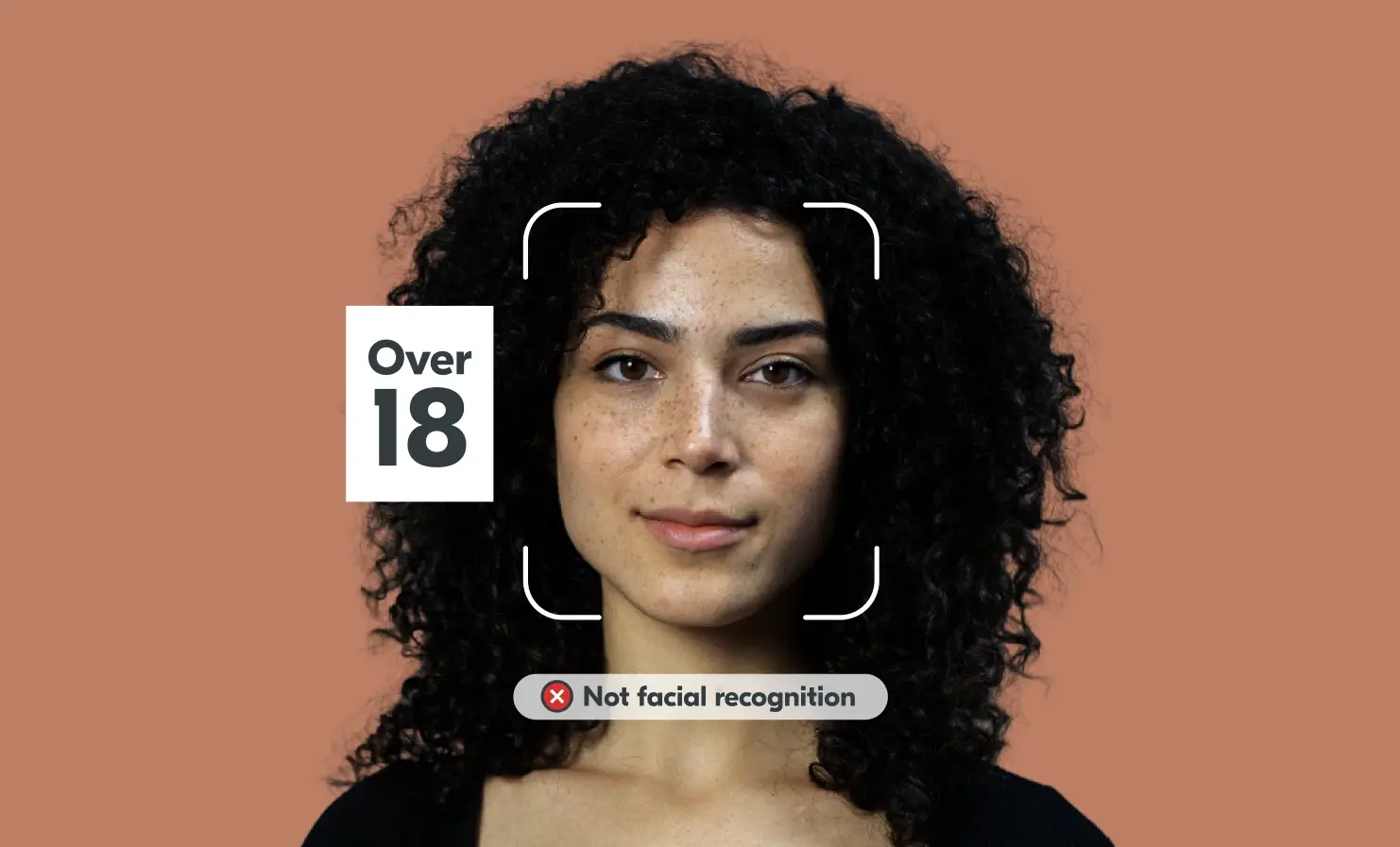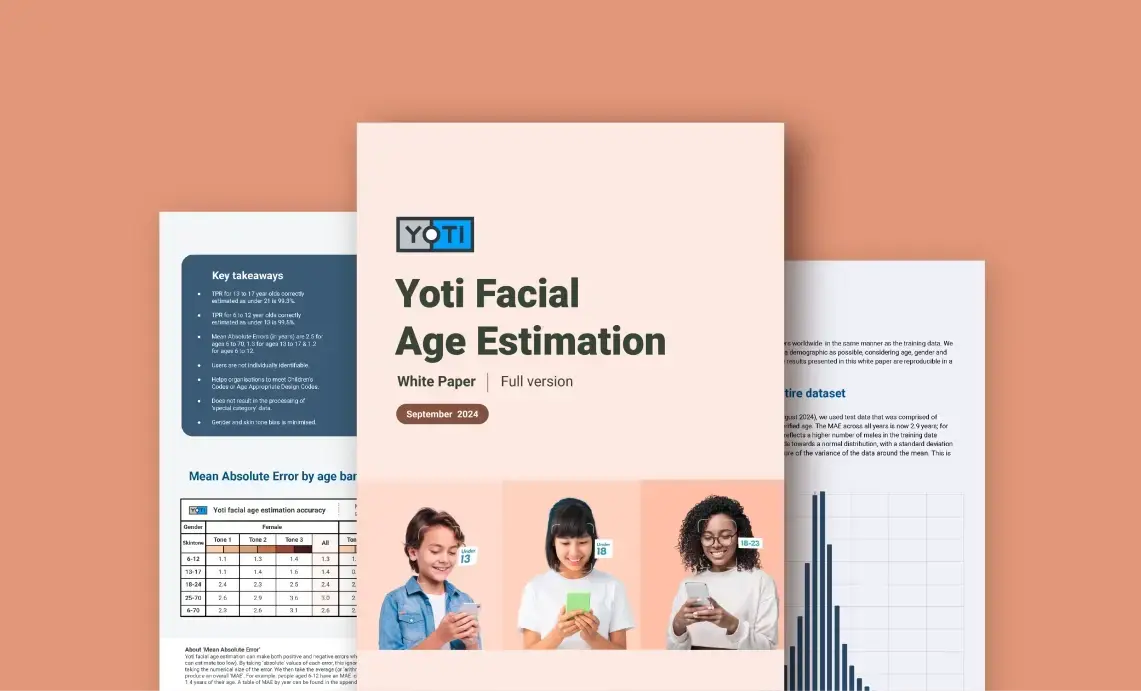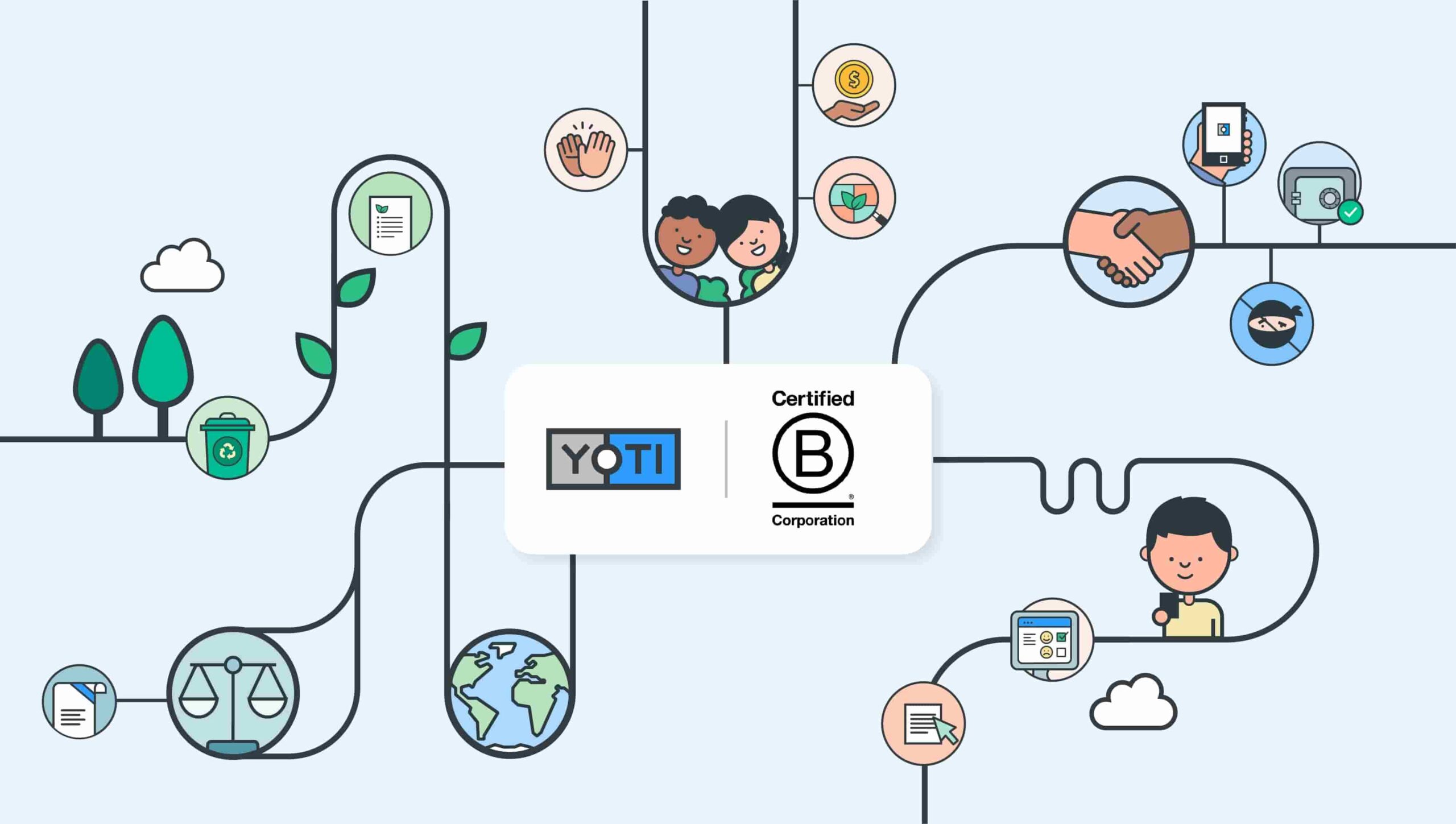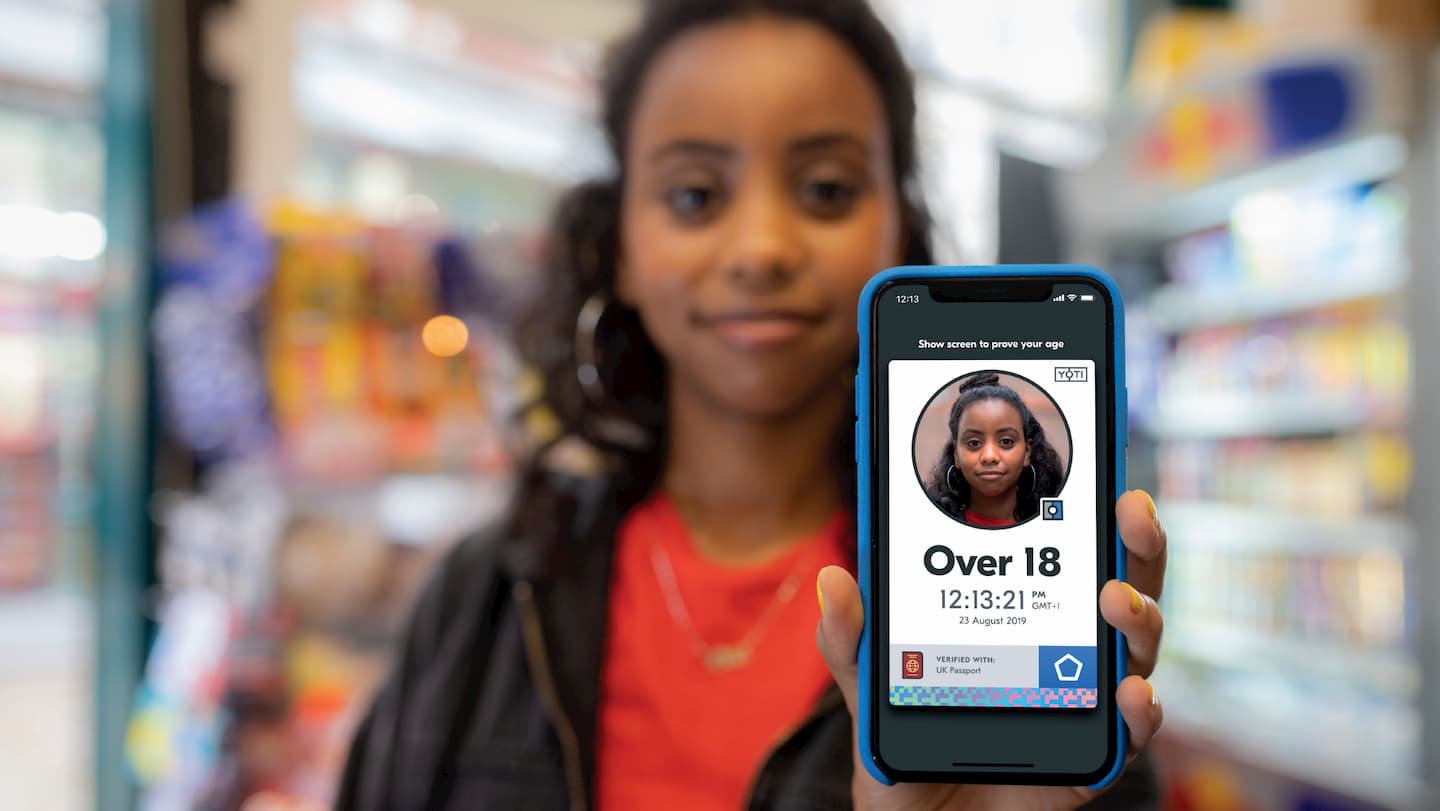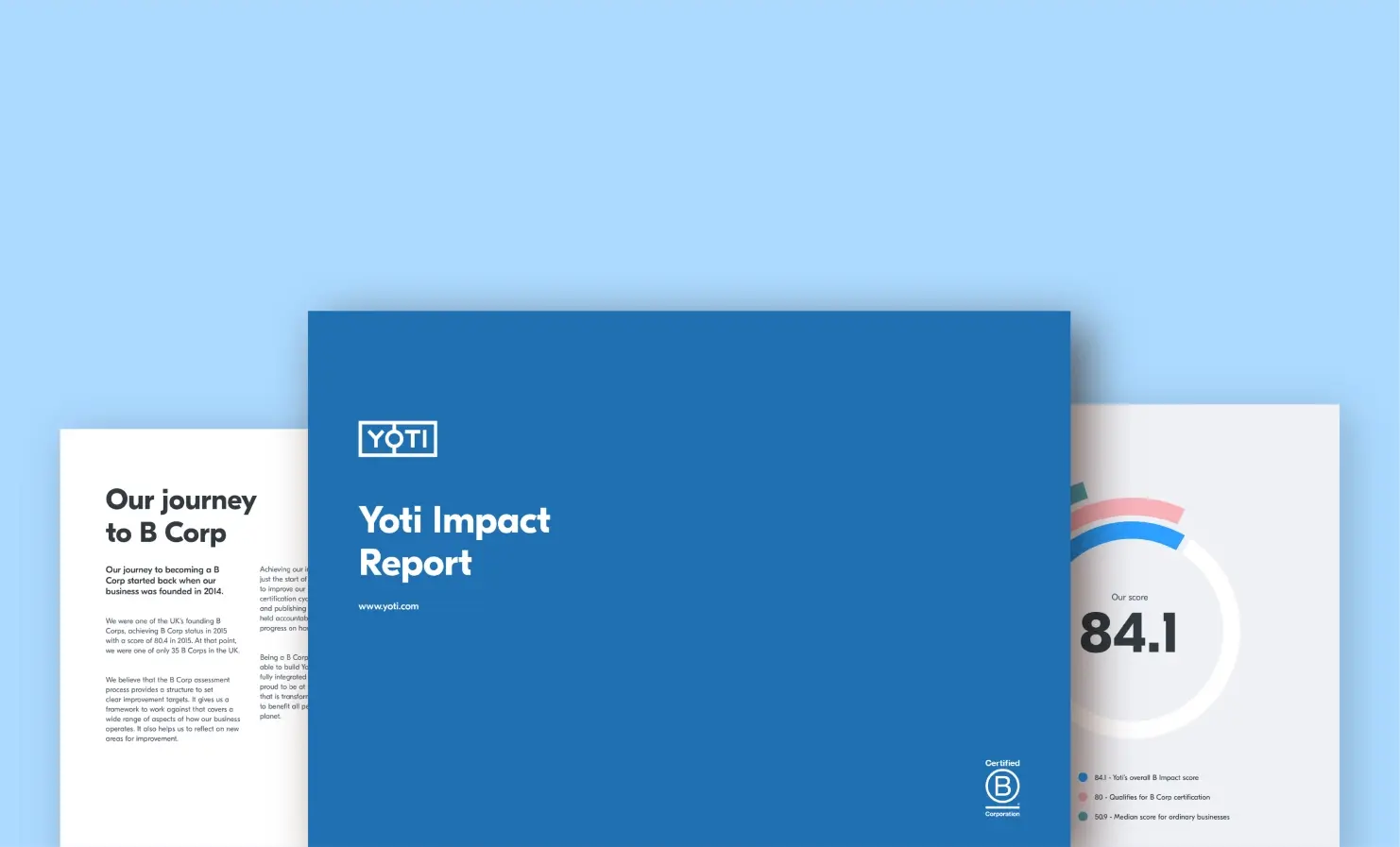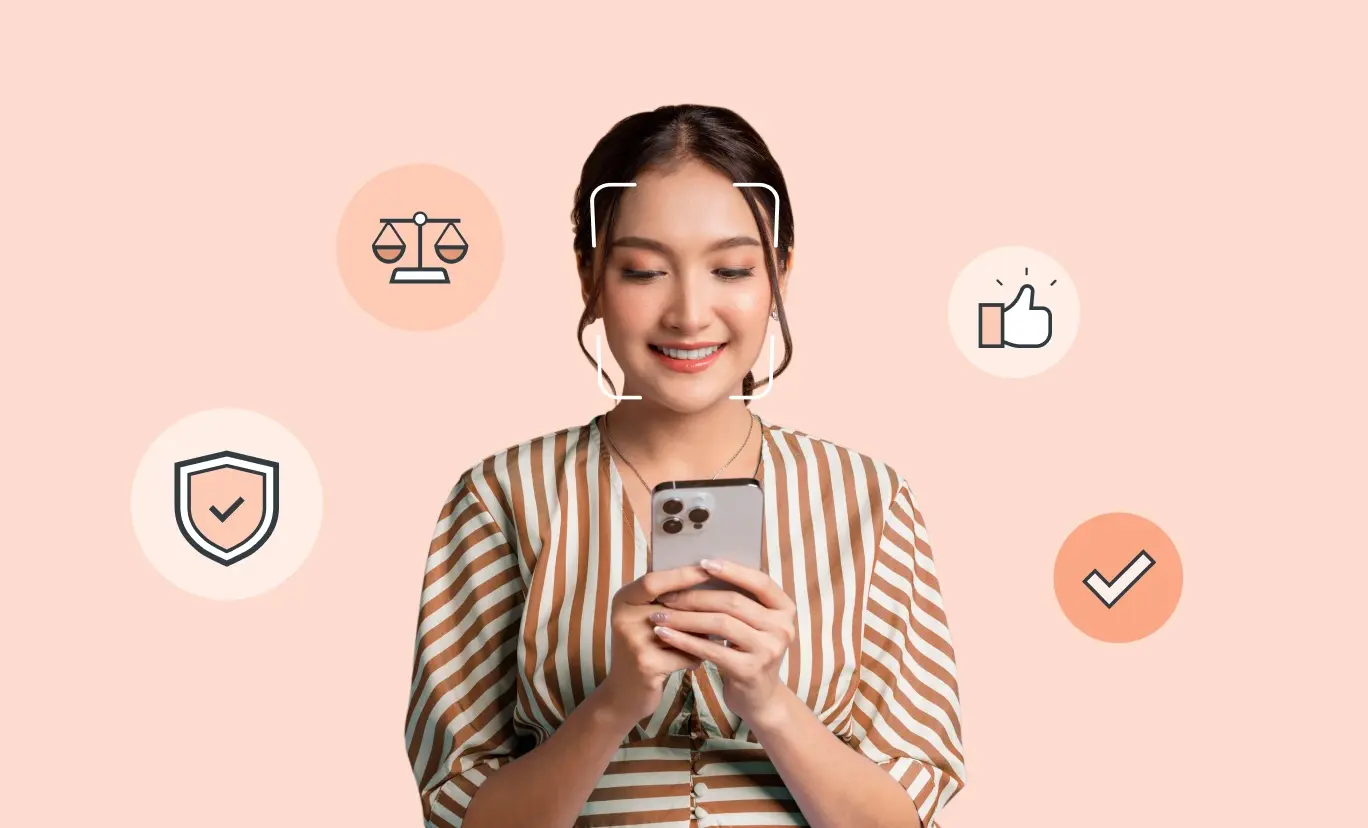Yoti blog
Stories and insights from the world of digital identity
How Yoti and Sterling automated employment screening checks
“This partnership is a perfect example of how digital identity solutions can intersect with everyday processes to streamline, simplify, and elevate experiences for users. The collaboration with Yoti has been exciting and created a foundation for ongoing innovation as digital identity driven solutions are adopted globally, and pre- and post-hire use cases unfold.” Steven Smith President International at Sterling Safety and trust are at the centre of Sterling’s mission. Sterling relies on rigorously tested processes, proven best practices, unparalleled knowledge of a highly regulated and complex sector, and an unwavering commitment to keep companies and their workforces safe.
Helping Instagram to create safer online experiences with new Teen Accounts
From today, Meta is introducing new ‘Teen Accounts’ on Instagram for users under the age of 18. This change aims to help parents keep their teens safe online, by including features that have built-in protections. These include the ability to set daily usage limits, restrict access during certain hours and monitor their child’s interactions, such as the accounts they are messaging and the types of content they’re engaging with on the platform. New users under the age of 18 are, by default, given the strictest privacy settings. Under the new guidelines, teens aged between 16 and 18 will be
Why Yoti’s facial age estimation is not facial recognition
There’s quite a bit of confusion about the differences between facial age estimation and facial recognition. While both types of technology work with images of faces, they’re used for different reasons and are trained in different ways. To help clear up some of these misconceptions, we’ve explained some of the key ways that our facial age estimation is not facial recognition. Facial age estimation vs. facial recognition: designed to give two different outcomes. Facial age estimation delivers an estimated age result. Facial recognition delivers a match (or no match) between images of a person. [vc_column_text
Facial Age Estimation white paper
Making it faster and safer to prove your age Our age estimation technology accurately estimates a person’s age by looking at their face. We built it to give everyone a secure and private way of proving how old they are in different everyday scenarios: from age checking on social platforms and online stores, to supermarket self-checkouts, bars and clubs. This privacy-friendly approach to age verification doesn’t require any personal details or documents, and all information is instantly deleted once someone receives their estimated age – nothing is ever viewed by a human. Key takeaways
How Pioneering People digitised all identity checks
“Since implementing Yoti and having them check our 40k+ users’ identities, our experience so far has been seamless. Being a fintech platform where one of our main USPs is speed, it was vital that we partnered with a company that also valued that, alongside quality.” Rita Kastrati CEO at Pioneering People Pioneering People is a fintech matchmaking platform, connecting verified companies with verified workers. Pioneering people pays workers within 1-2 days of completing their shift and has a minimum hourly payment of £13.50 (above London Living Wage) per hour for all shifts. They work with companies in
Yoti’s key recommendations for the Digital Information and Smart Data Bill
In July 2024, the King’s Speech announced the new Digital Information and Smart Data Bill (DISD). The Bill aims to harness the power of data for economic growth, including setting up a regulatory framework for digital identities in the UK. The specific contents of this Bill are still undisclosed, and so it is unknown at this stage if it will take a different approach to its predecessor, the Data Protection and Digital Information Bill (DPDI). With Parliament reconvening after the summer break, we have shared our suggestions and hopes for what we’d like to see in the new DISD
Browse by category
Essential reading
Get up to speed on what kind of company we are



